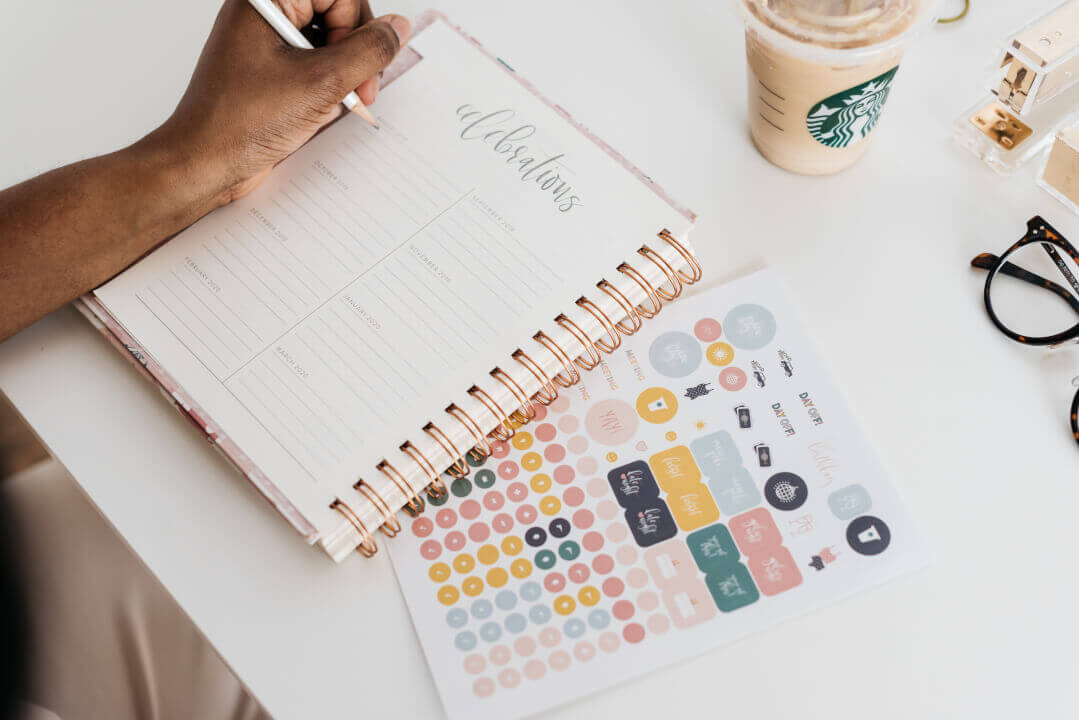Introduction
As a student, concentration and focus are essential for achieving academic success. However, with the abundance of distractions in today’s world, it can be challenging to stay focused while studying. From social media notifications to the temptation to binge-watch your favorite TV show, distractions can hinder your ability to focus and absorb information. In this article, we will explore five proven techniques that can help you enhance your concentration and lengthen your focus while studying.
Set Realistic Goals
Setting realistic and specific goals for your study sessions can provide you with a clear sense of direction and purpose. Here’s how you can incorporate this strategy into your routine:
a. Prioritize tasks: Start by identifying the most important topics or assignments that require your immediate attention. Break them down into smaller, manageable tasks. By tackling high-priority tasks first, you’ll create a sense of accomplishment and motivation to continue studying.
b. Create a study schedule: Allocate dedicated time slots for each task based on its complexity and your energy levels. Set specific goals for each study session, such as completing a certain number of practice questions, reading a specific chapter, or summarizing key concepts. Breaking down your study sessions into smaller segments with clear objectives will help you maintain focus and prevent overwhelm.
c. Track your progress: Keep a record of your accomplishments and progress. Celebrate milestones along the way, such as completing a challenging assignment or achieving a target score on a practice test. Seeing your progress will motivate you to continue and reinforce your belief in your ability to concentrate effectively.
Identify Distractions
Identifying and managing distractions is essential for maintaining focus. Consider the following steps to minimize distractions during your study sessions:
a. Create a distraction-free environment: Find a quiet place where you can study without interruptions. Turn off notifications on your phone or place it in another room to avoid the temptation of checking messages or scrolling through social media. If necessary, use website blockers or productivity apps that restrict access to distracting websites or apps during designated study periods.
b. Manage your digital distractions: If you need to use a computer for studying, close any irrelevant tabs or applications. Consider using website-blocking extensions or apps that limit your access to social media or entertainment websites. Alternatively, you can use browser extensions that promote focus by eliminating distractions and blocking time-wasting websites.
c. Communicate your needs: Inform those around you about your study schedule and the importance of uninterrupted time. Let your family, friends, or roommates know when you need to concentrate, and request their support in minimizing noise and distractions during those periods.
Practice Mindfulness
Mindfulness is a powerful technique that can improve your focus and attention. By cultivating mindfulness during your study sessions, you can enhance your ability to stay present and engaged. Here are some mindfulness practices to incorporate into your study routine:
a. Deep breathing exercises: Take a few moments before you begin studying to focus on your breath. Inhale deeply, hold for a few seconds, and exhale slowly. This simple practice helps calm your mind, reduce stress, and bring your attention to the present moment.
b. Be fully present: Practice studying with full awareness and engagement. Avoid multitasking or thinking about unrelated matters. If your mind starts to wander, gently bring your attention back to the task at hand. By consciously immersing yourself in your studies, you’ll increase your concentration and comprehension.
c. Take mindful breaks: Incorporate short mindfulness breaks into your study routine. During these breaks, engage in activities that promote relaxation and rejuvenation, such as stretching, going for a short walk, or practicing meditation. These breaks can help recharge your mental energy and improve your ability to sustain focus over longer periods.
Take Breaks
Taking regular breaks during your study sessions can actually enhance your overall concentration and productivity. Here’s how to make the most of your study breaks:
a. Use the Pomodoro Technique: The Pomodoro Technique involves studying in focused, uninterrupted blocks of time, typically 25 minutes, followed by short breaks of 5 minutes. After completing four Pomodoro cycles, take a longer break of around 15-30 minutes. This technique helps you maintain concentration during the study intervals and prevents mental fatigue.
b. Engage in physical activity: During your breaks, engage in light physical activity to get your blood flowing and boost your energy levels. Stretch, do some quick exercises, or go for a short walk to refresh your mind and body. Physical activity can help alleviate mental fatigue and improve your ability to concentrate when you return to studying.
c. Avoid screen time: During your breaks, try to minimize screen time. Instead of scrolling through social media or watching videos, engage in activities that provide a mental break, such as listening to music, reading a book, or practicing a hobby. This change of focus allows your brain to rest and recharge for the next study session.
Use Memory Techniques
Utilizing memory techniques can enhance your focus and retention of information. Try the following techniques to optimize your study sessions:
a. Spaced repetition: Spaced repetition involves reviewing information at increasing intervals over time. Instead of cramming information in a single study session, review the material at regular intervals, spacing out your practice sessions. This technique improves long-term retention and reduces the likelihood of forgetting information.
b. Mnemonics: Mnemonics are memory aids that use visual or verbal associations to help remember information. Create acronyms, rhymes, or vivid mental images that relate to the information you’re studying. These creative associations make the material more memorable and aid recall during exams or assignments.
c. Concept mapping: Use concept maps or mind maps to visually organize and connect different ideas or topics. By visually representing the relationships between concepts, you enhance your understanding and facilitate memory retrieval. Concept mapping promotes active engagement with the material and strengthens your ability to concentrate on key connections and details.
Conclusion
By implementing these effective strategies, you can unleash your concentration and improve your ability to stay focused while studying. Set realistic goals, identify and manage distractions, practice mindfulness, take regular breaks, and use memory techniques to optimize your study sessions. Remember, concentration is a skill that can be developed with practice and consistent effort. With these techniques in your toolbox, you’ll be well-equipped to maximize your study time, enhance your learning experience, and achieve academic success.




